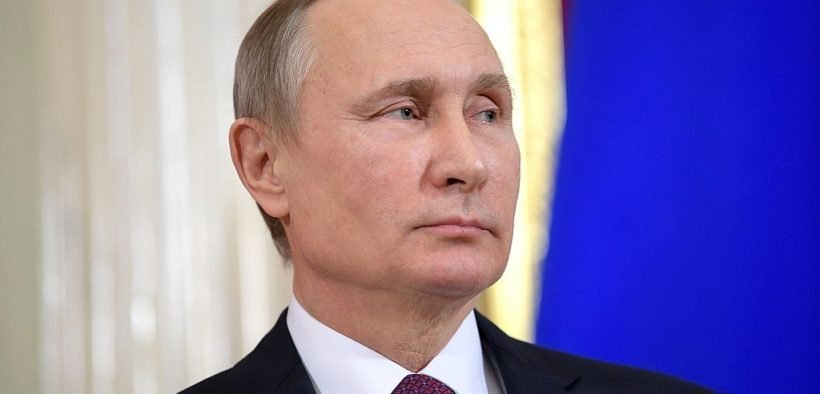Thousands March In Moscow, As Frustration With Putin Grows

“It’s really a protest against Putin.”
Russian opposition leaders joined thousands of protestors in Moscow over the weekend in what has been called the country’s “largest demonstration in recent years,” over the election commission’s decision to exclude opposition candidates from city council elections this fall.
Police say there were around 12,000 protestors at the event, while independent NGO White Counter claimed the number was closer to 22,500.
“I haven’t been to such a huge rally since 2012,” tweeted Alexei Navalny, the opposition’s leader, in reference to demonstrations against Putin’s return to the presidency in 2011.
Moscow’s city council requires candidates to obtain 5,000 signatures from city residents to enter the race. The election commission recently barred around 30 opposition members from competing for the 45-seat Moscow parliament, which is currently dominated by the pro-Putin United Russia party, arguing their signatures were invalid. Supporters of the opposition candidates took to the streets to demand that the city election commission allow their nominees to run.
The protests come amid declining approval ratings for President Vladimir Putin, who recently fell to his lowest rating since before the annexation of Crimea in 2014, which inspired a surge of nationalist support for the leader.
The Kremlin’s foreign policy engagements in Syria and Ukraine have led to damaging EU and US sanctions on the Russian economy. The sanctions, along with widespread corruption, have contributed to declining living standards in the country, dropping Putin from around 80% approval in recent years to 64% in January, according to the Levada Center.
“It’s really a protest against Putin,” Abbas Gallyamov, a former Kremlin speechwriter turned political analyst told the Moscow Times. “These elections have clearly become a way of expressing a much deeper frustration and demand for political representation.”
“It’s a pre-revolutionary situation,” he added. “If these protesters don’t get political representation, they will try to overthrow the system.”
Ice hockey player Artemi Panarin became the highest-profile Russian athlete to ever speak out against Vladimir Putin last month, with comments his interviewer described as “absolutely unprecedented in Russian sports.”
“I think he no longer understands what’s right and what’s wrong. Psychologically, it’s not easy for him soberly judge the situation,” said Panarin.
Andrei Koleskinov of Project Syndicate argues Russia’s social unrest is inspired not by declining living standards, but by a struggle for dignity. Koleskinov points to protests in May in Yekaterinburg, Russia’s fourth most populous city, over the influence of the corrupt relationship between the Russian Orthodox church, the government, and favored businessmen in plans to build a new cathedral in the city. Putin then called to suspend the project out of fear of losing further public support.
Similarly, after protests erupted in response to the Kremlin’s arrest of respected investigative journalist Ivan Golunov, Russian authorities quickly released him. The recent Arkhangelsk protests over Moscow’s plans to ship garbage from the capital to the country’s northern forests provide another example of civil disobedience effectively pressing Putin to suspend his plans.
“The Kremlin, it seems, isn’t quite sure how to navigate this new kind of resistance,” wrote Koleskinov.
Opposition leader Alexei Navalny, who has been jailed more than 10 times since 2011, asked protesters if they were prepared to spend time in prison to continue demonstrations. The crowd “roared in affirmation,” according to the Moscow Times.
“Our country is absolutely ready for liberation, for becoming a normal European state, a parliamentary republic,” Navalny told the Daily Beast in a November 2018 interview. “We should just put the key criminals on trial and the rest of the system will fall in line with the new government.”







